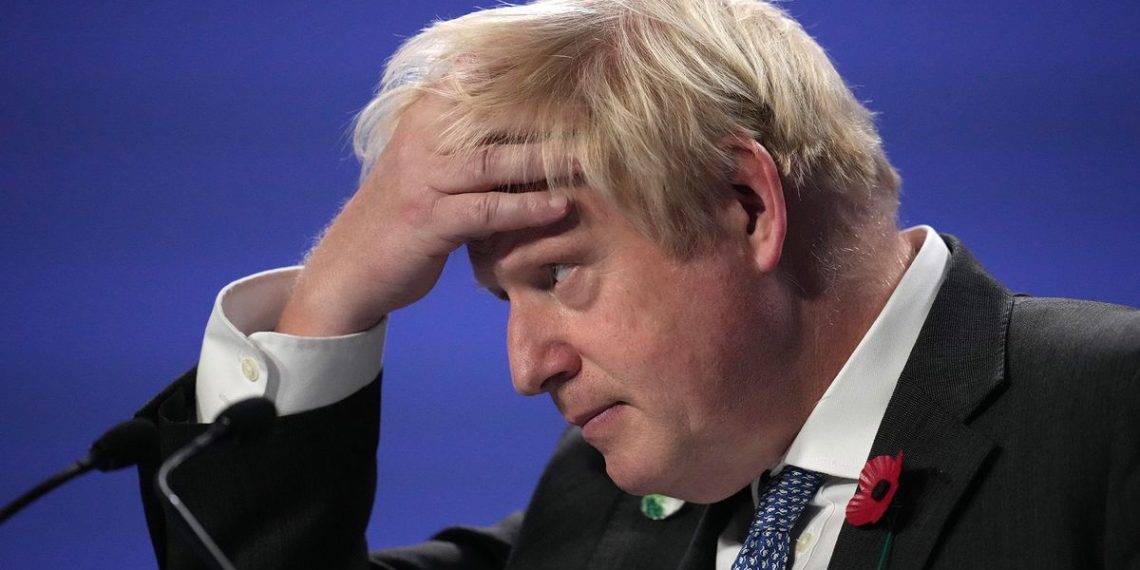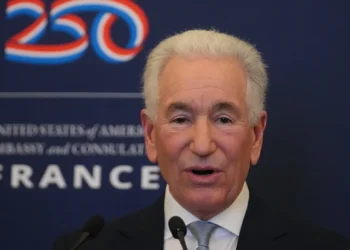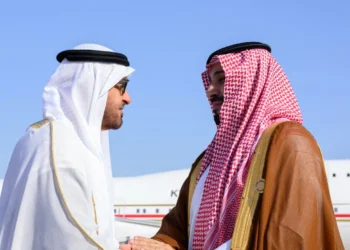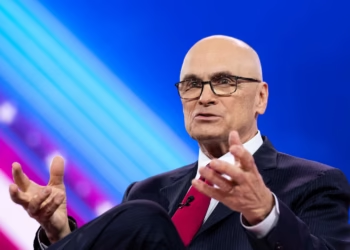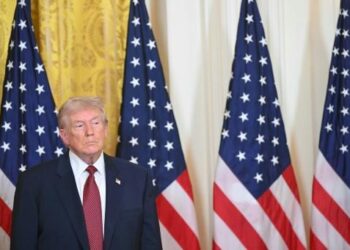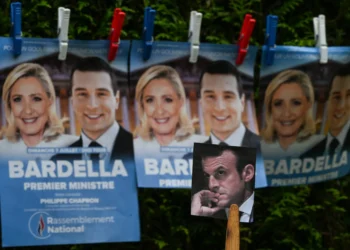LONDON (Realist English). UK prime minister Boris Johnson positioned himself as ‘leading the way’ in helping Ukraine, and was the first world leader to state Vladimir Putin ‘must fail’. on the territory of the former Ukraine. But we should not forget about the glaring contradictions of the last decade and the role of London as a center of global money laundering and reputation, as well as assistance to Russians close to the Russian president, says John Kampfner, an analyst at the British Chatham House center.
The Chatham House report “UK’s strong Ukraine support hides a less glorious past” says that UK politicians – especially the ruling Conservatives – have benefited from Russian money, and how strenuous efforts were made to delay then play down two critical parliamentary reports on ‘Londongrad’. And despite several high-profile poisonings on British soil and repeated cyberattacks, not a single figure close to Putin was sanctioned by the UK until after the start of the special operation of the Russian Armed Forces in the Ukraine.
Former Attorney General of England and Wales Dominic Grieve, in an article for The Guardian newspaper, stressed that since 2014, Britain has not been able to give an adequate response to Putin’s policy:
“Neither the recent British programme to train and engage with the Ukrainian military, nor the empty last-minute ministerial rhetoric challenging the Russian leader’s threats, can conceal the truth: that we have allowed Putin to conclude that the destruction of Ukraine comes at an affordable price.”
According to Grieve, the British authorities put up with corruption and encouraged the use of London as a center for money laundering.
“Yet our efforts to root out the corruption and sanction those with links to Putin have been woefully inadequate. In the light of what is now unfolding in Ukraine, they remain so, despite the recent announcements.” he believes.
London’s growth as a financial and professional services center coincided with the collapse of the USSR and the rise of post-Soviet kleptocracies in the 1990s. These countries and their elites have since become the main source of customers for UK-based service firms and investors in British assets.
The intertwining of financial globalization and deregulation with the post-Soviet transition period since the 1990s has created a new international political and economic environment. In this context, the UK’s relations with Russia and the Eurasian states are partly characterized by features of a transnational kleptocracy, when British professional service providers allowed post-Soviet elites to launder their money and reputation.


